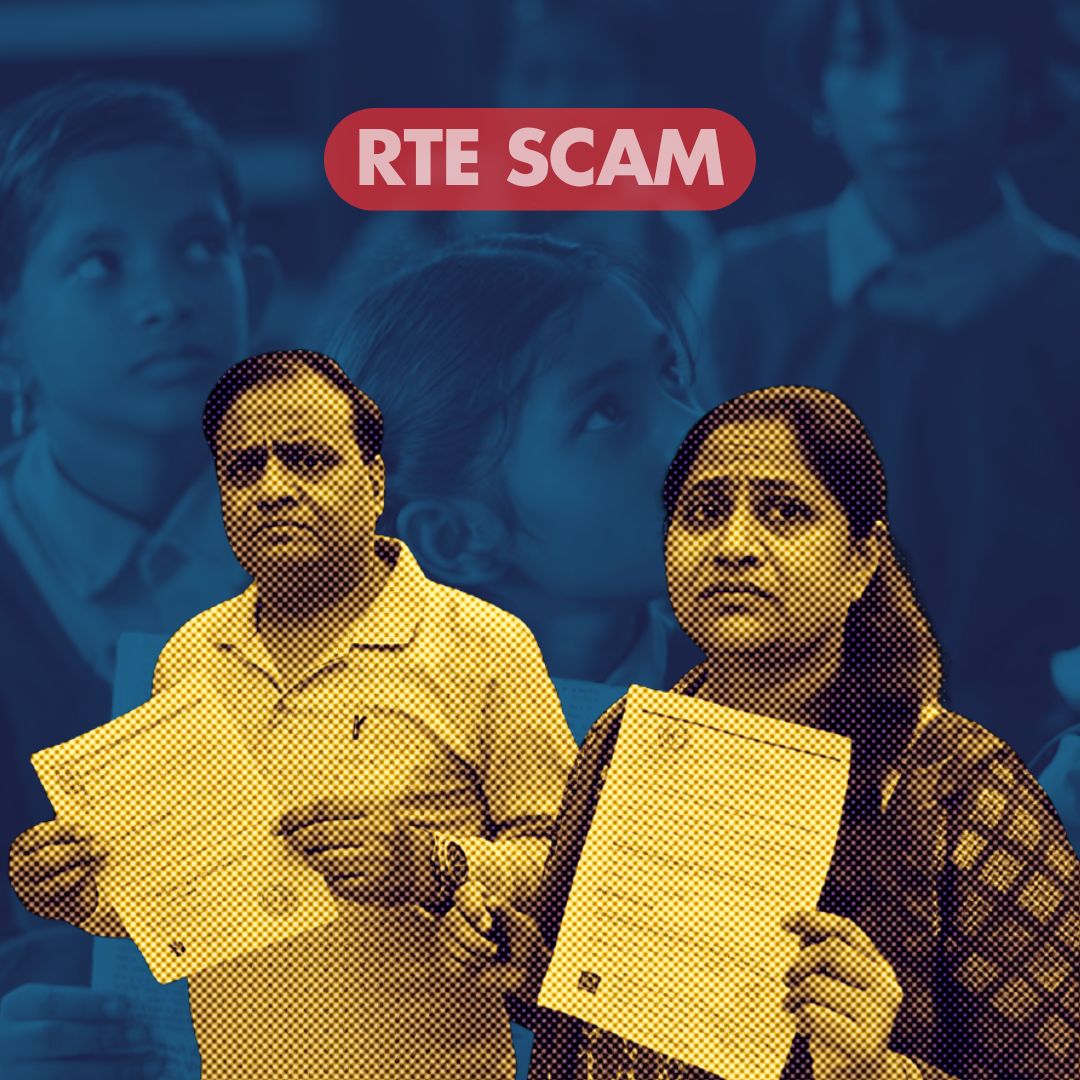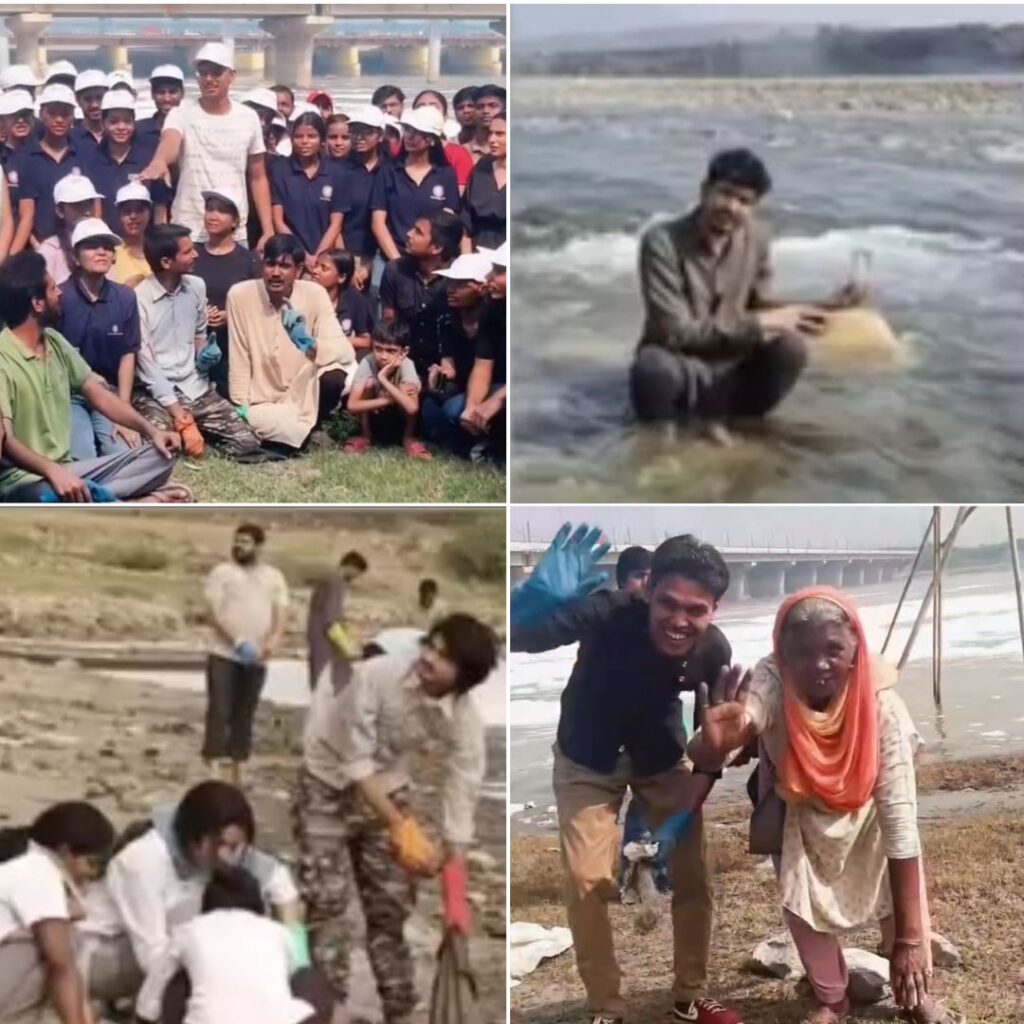In Ahmedabad, 140 parents were caught faking income certificates to secure free private education for their children under the Right to Education (RTE) scheme. The District Education Officer (DEO) cancelled their admissions after discovering that their reported incomes exceeded the Rs 1.5 lakh limit set for eligibility. This breach not only undermines the RTE’s intent to provide education to economically disadvantaged families but also highlights the need for stricter verification processes. Affected parents now face the dilemma of either paying full fees or transferring their children to other schools.
Details of the Scam
The fraudulent activities came to light during a verification process initiated by the DEO, Rohit Chaudhary, who stated, “The income of the parents of these 140 children was found to be above Rs 1.5 lakh, violating the scheme’s rules.” Schools such as Udgam, Jaber, and Global International identified discrepancies by cross-referencing income tax returns with the submitted certificates. Many parents admitted to inflating their income figures for loan approvals or acknowledged their higher earnings outright. This incident has resulted in the cancellation of admissions, restoring opportunities for deserving families who genuinely qualify for the scheme.
Context and Implications
The RTE scheme aims to provide free education to children from economically disadvantaged and middle-income families in Gujarat. With a threshold of Rs 1.5 lakh annual income for eligibility, this scheme is crucial for ensuring access to quality education. However, incidents like this expose vulnerabilities in the verification process, prompting calls for more rigorous checks on income certificates during admissions. The DEO’s actions have been praised for upholding the integrity of the RTE scheme, yet they also raise concerns about how many more cases like this may exist.
The Logical Indian’s Perspective
The Logical Indian stands firmly against any form of educational fraud that compromises the rights of underprivileged children. This incident underscores the urgent need for systemic reforms to ensure transparency and fairness in educational access. We must foster a culture of integrity and accountability within our educational institutions. How can we collectively work towards strengthening these systems and ensuring that every child receives their rightful education?












